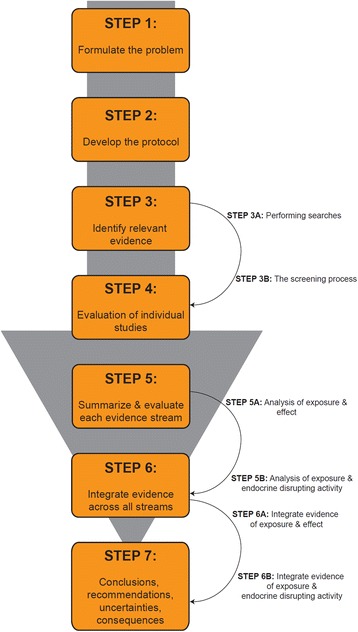 Yet Another Over-Hyped Study Alleging Phthalates As The Cause Of All Human Misery
Yet Another Over-Hyped Study Alleging Phthalates As The Cause Of All Human MiseryI’ve written in the past about the tendency of some researchers to compensate for weak study...
 Just A Dud? Swan Book ‘Count Down’ Alleging Apocalyptic Threat Of Extinction Due To Chemicals Greatly Disappoints
Just A Dud? Swan Book ‘Count Down’ Alleging Apocalyptic Threat Of Extinction Due To Chemicals Greatly Disappoints“A theory that explains everything, explains nothing.” ― Karl Popper1...
 Blatant Opportunism: EDC Believers Exploiting Covid-19 Pandemic Further Erodes Trust In Science And Health Efforts
Blatant Opportunism: EDC Believers Exploiting Covid-19 Pandemic Further Erodes Trust In Science And Health EffortsAs a semi-retired epidemiologist, in a higher risk age group and with attendant co-morbidities...
 Skepticism Warranted Regarding New Study Suggesting Link Between Chemical Exposures And IQ Loss
Skepticism Warranted Regarding New Study Suggesting Link Between Chemical Exposures And IQ Loss Earlier today, Dr. Leonardo Trasande and colleagues from New York University (NYU) published ...






